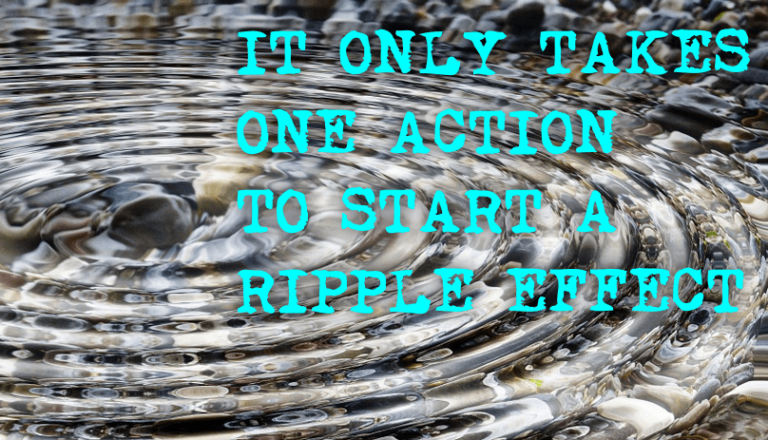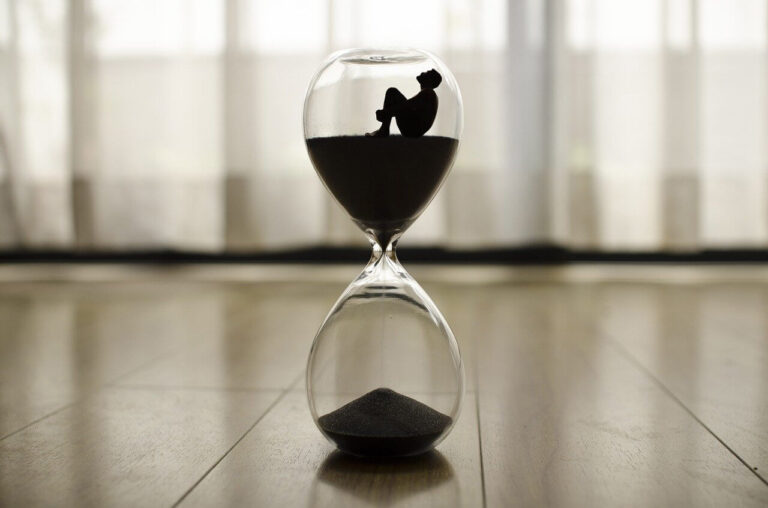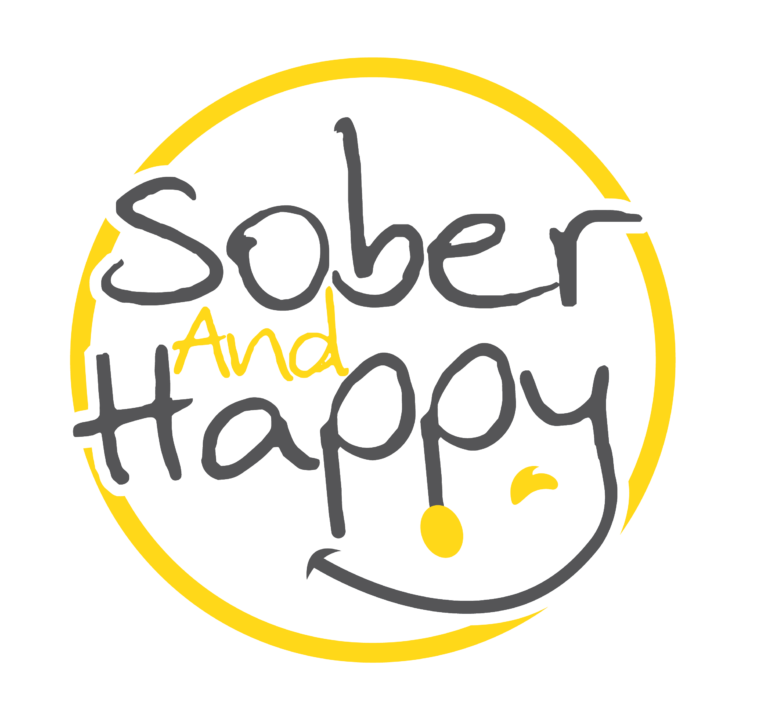

Tim Phillips
I love sharing my journey from being hopeless, to getting sober, to learning how to eventually be both sober and happy. to learning how to eventually be both sober and happy.

In recovery, finding balance can feel like an uphill climb, especially when our focus is naturally on sobriety. While prioritizing sobriety is critical, as we grow, other areas of life—relationships, health, and personal growth—require attention too. Ignoring these aspects can lead to feelings of burnout, even if sobriety is going well.
Balance doesn’t mean giving equal energy to every area of life all the time. It’s about recognizing what’s most important at the moment while ensuring no critical aspect of your life is neglected for too long.
In my case, I’d been so focused on growing The Sober and Happy Podcast that my relationships, health, and recreation took a backseat. Sure, the podcast was thriving, but I wasn’t. My burnout was a clear signal that I needed to reassess my priorities.
Life is full of seasons where one area demands more attention than others. Maybe you’re starting a new job or focusing on repairing relationships in early recovery. That’s normal. But when one area takes over completely, it can leave other parts of your life running on empty.
For me, that imbalance showed up as exhaustion, lack of motivation, and even resentment toward activities I once loved. If you’re feeling similarly stuck, it’s worth asking yourself:
Balance isn’t about perfection; it’s about being mindful of where your energy is going and making intentional choices to keep all areas of your life moving forward. By regularly reassessing your priorities, setting boundaries, and carving out time for what matters most, you can build a fulfilling life that supports your sobriety and overall well-being.
Ready to explore this topic further? Listen to the full podcast episode for personal stories, practical strategies, and inspiration to help you avoid burnout and create a life you truly enjoy.

I love sharing my journey from being hopeless, to getting sober, to learning how to eventually be both sober and happy. to learning how to eventually be both sober and happy.




Join our mailing list to receive the latest news and updates from our team.






Copyright © 2023 by Sober and Happy. All rights reserved.

Join our mailing list to receive the latest news and updates from our team.